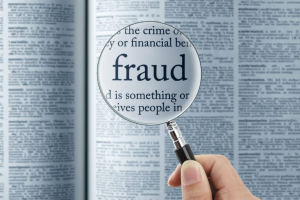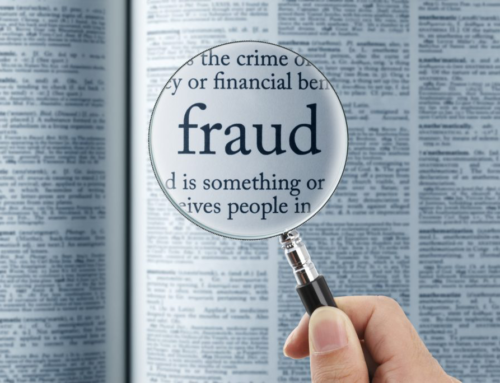Fraud is a very broad legal concept that can cover a variety of offenses, so it’s necessary to know what actions fit under this huge umbrella term. Fraud refers to any dishonest or fraudulent acts that are recognized under the law. The act of fraud is to intentionally deceive another party for personal or financial gain. Many Americans unknowingly fall victim to fraud each year, simply because they don’t know what the term includes. Here are some sneaky ways that you could be accused of fraud so you can be prepared.

Types of Fraud
First, there are two main types of fraud to be mindful of: criminal fraud and civil fraud. Criminal fraud demands criminal intent on the part of the offender, and it can be punishable by large fines or imprisonment. Civil fraud is a lot more general and refers to certain circumstances where “bad faith” was demonstrated, and the penalties are usually meant to dismiss the perpetrator and help restore the victim’s position. The most common types of fraud are tax fraud, identity theft, insurance fraud, mail fraud, credit card fraud, and telemarketing fraud.
How You Could Be Accused
Each type of fraud or attempted fraud has its own unique set of characteristics that will serve as warning signs to others. Telemarketing and other types of wire fraud can be easy to spot; if you call from an unknown number wanting others to send money and to apply for something with their bank account information, that could identified as an attempt at fraud. Individuals can spot potential identity theft if you, as an individual or through an employer, ask for private information, such as their address or Social Security number. In general, be cognizant of your actions while making calls, mailing requests, or writing emails, and don’t promise other individuals or companies things that you can’t guarantee.
If you or someone you know believes they are being targeted for an investigation for fraud, contact the Texas criminal lawyers at the Goolsby Law Firm.






